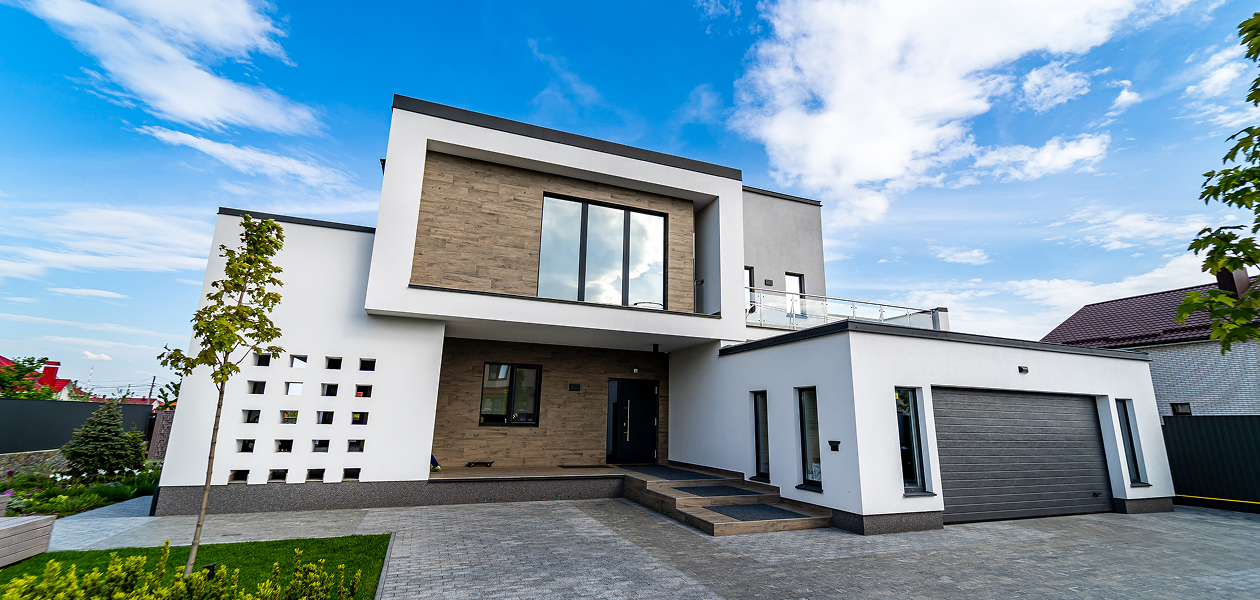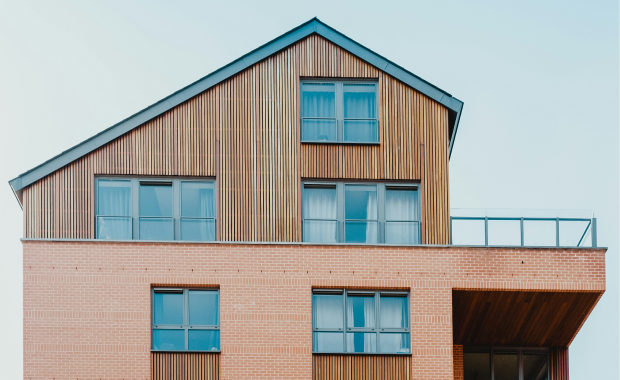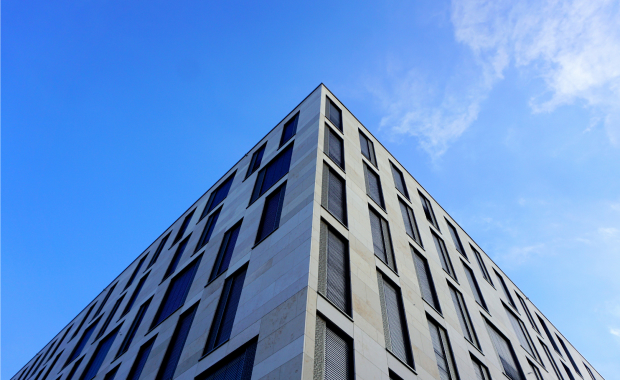How to Choose the Perfect Neighborhood for Your Lifestyle
Amelia Graye
We empower them to explore and stay inspired as they have create to the worlds most powerful user of allexperience. Our brand is bold, energetic, forward thinking, and aspirational culture of design.
1. Determine Your Priorities
- The first step in choosing a neighborhood is understanding what’s most important to you. Consider factors such as:
- Proximity to Work/School: Is it important for you to be close to your job or your child’s school?
- Public Transportation: Do you need easy access to public transit or prefer to drive?
- Access to Amenities: Think about nearby grocery stores, gyms, parks, and restaurants.

2. Research the Safety of the Area
Safety is a top priority when choosing a neighborhood. Research crime rates and talk to locals or real estate agents who are familiar with the area. Many websites offer crime statistics and safety ratings to give you a better understanding of the area’s security.
3. Consider the Community and Lifestyle
- Are you looking for a family-friendly neighborhood or a lively area with a vibrant nightlife?
- Do you prefer a quiet, suburban area or the hustle and bustle of city living?
- How important is the sense of community?
4. Evaluate Future Growth and Development
Research the neighborhood’s potential for growth. Areas undergoing development may provide future value appreciation, while established areas may offer stability.
- Are there new businesses or construction projects?
- What are the city’s plans for growth?
- How are property values expected to change?
5. Visit Multiple Times
When narrowing down your choices, it’s crucial to visit the neighborhoods at different times of the day. This gives you a better sense of the environment, noise levels, and traffic patterns.


"A house is made of bricks and beams, but a home is built in the heart of a neighborhood. It's where the community, lifestyle, and dreams come together, creating a space where memories are made and futures are shaped."
6. Consider Schools and Education Opportunities
If you have children or plan to in the future, the quality of schools in the neighborhood is a significant factor. Good schools can also increase property values.
Find, Buy, or Rent Your Ideal Property with Ease!








